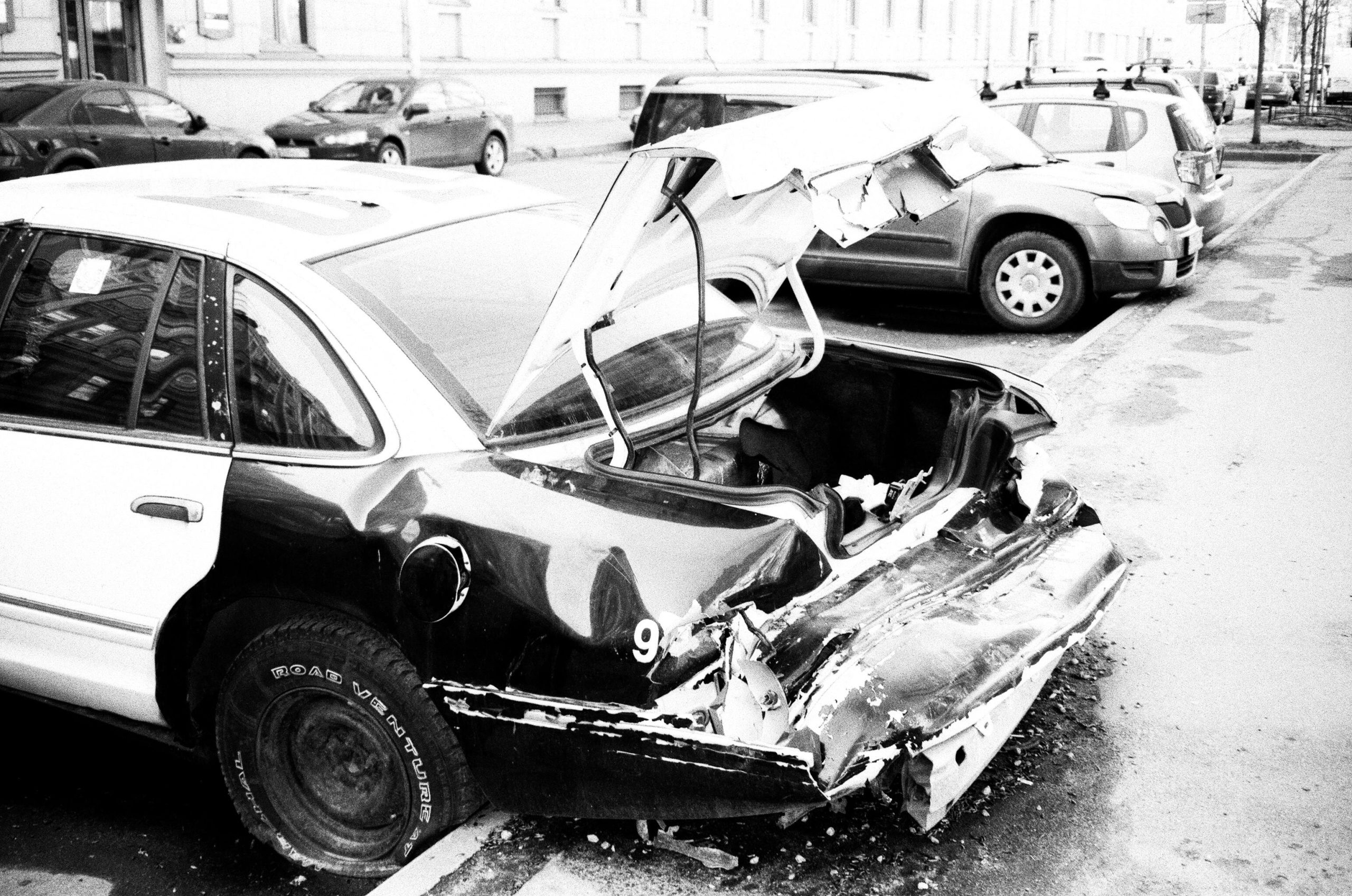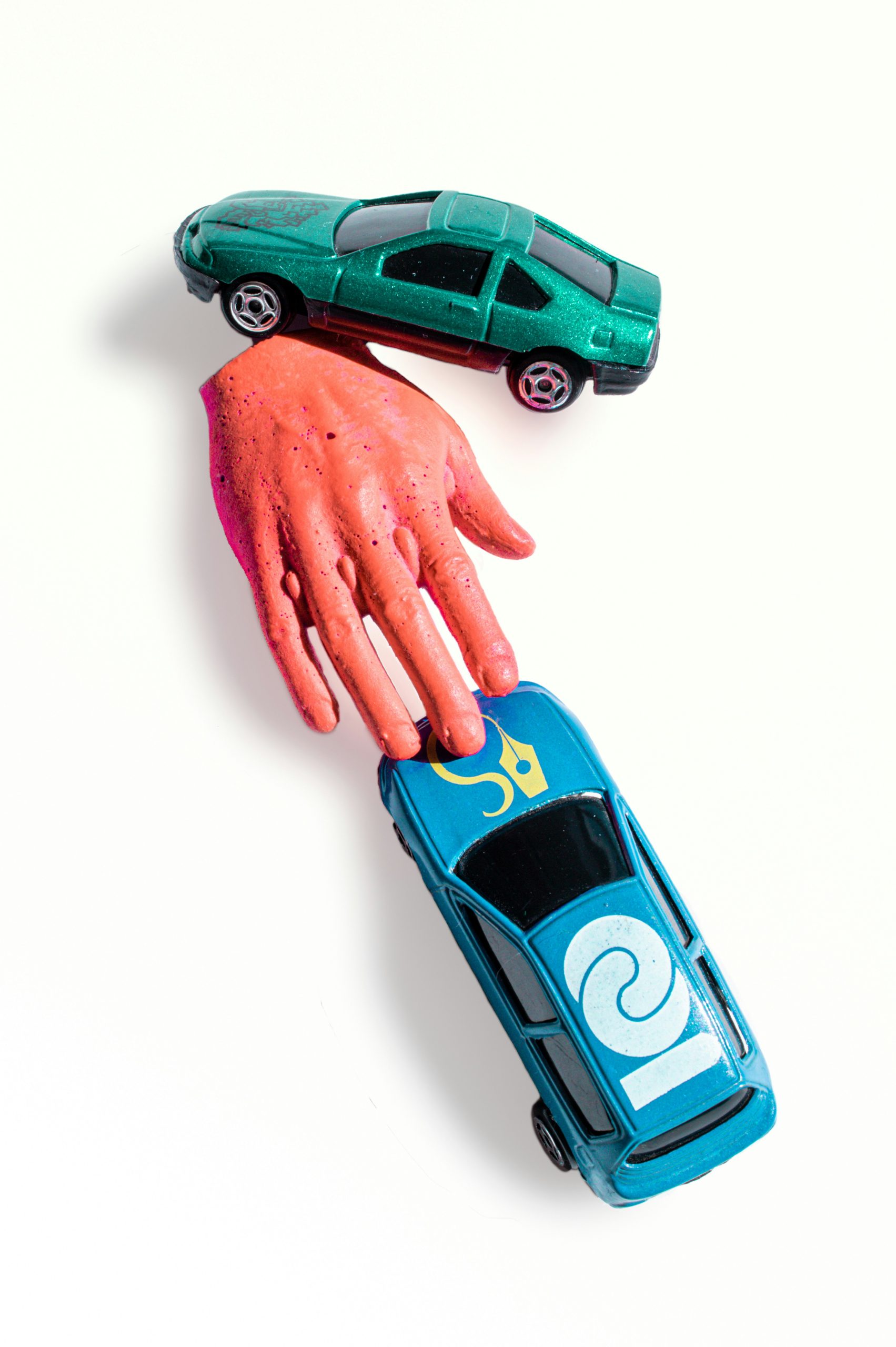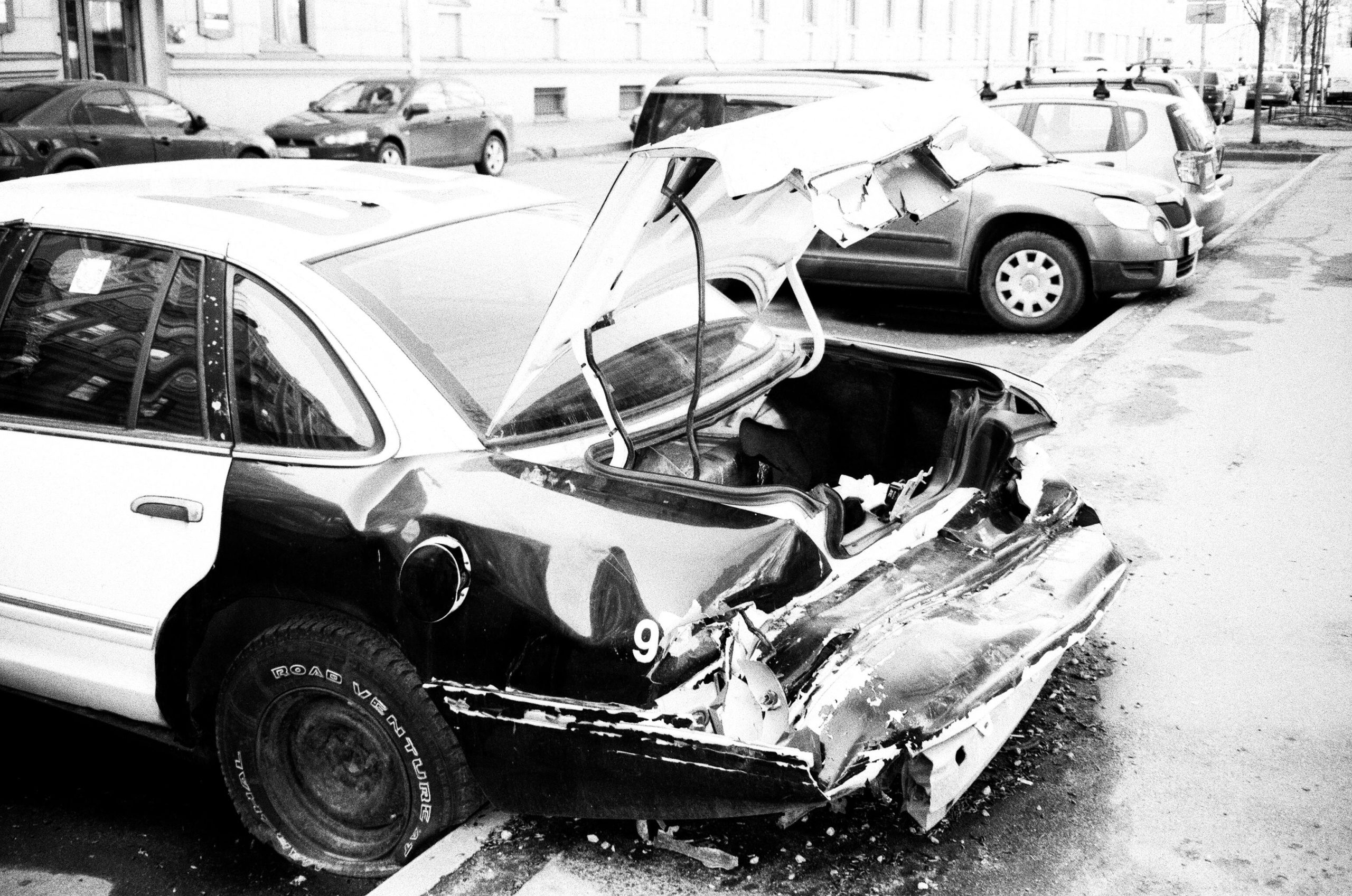 In the realm of insurance claims and legal disputes, the concept of subrogation often plays a crucial role. Subrogation allows an insurer, after paying a claim to its insured, to step into the insured’s shoes and seek reimbursement from the party responsible for the loss. But what happens when the insured settles their claim directly with the at-fault party? Does the insurer lose its right to subrogation? A recent Louisiana Court of Appeals case, Louisiana Farm Bureau Casualty Insurance Company v. David Scott Burkett, et al., sheds light on this issue.
In the realm of insurance claims and legal disputes, the concept of subrogation often plays a crucial role. Subrogation allows an insurer, after paying a claim to its insured, to step into the insured’s shoes and seek reimbursement from the party responsible for the loss. But what happens when the insured settles their claim directly with the at-fault party? Does the insurer lose its right to subrogation? A recent Louisiana Court of Appeals case, Louisiana Farm Bureau Casualty Insurance Company v. David Scott Burkett, et al., sheds light on this issue.
The Accident and the Claim:
The case stemmed from a car accident where Katherine Burkett, insured by Shelter Mutual Insurance Company, collided with Jessica Hall, insured by Louisiana Farm Bureau Casualty Insurance Company. Farm Bureau paid Hall $5,000 for medical expenses under her policy and became subrogated to her claim for that amount.
 Insurance Dispute Lawyer Blog
Insurance Dispute Lawyer Blog


 A recent ruling by the
A recent ruling by the  In personal injury law, car accidents at intersections are all too common. However, the case of
In personal injury law, car accidents at intersections are all too common. However, the case of  A recent ruling from the
A recent ruling from the  A recent
A recent  Sometimes, being a passenger in a car can be a frustrating and disturbing experience. This is especially true when actions beyond the passenger’s control, such as being involved in a collision, put his or her life in danger. When such a situation arises, the injured passenger will, understandably, seek compensation from the responsible party. However, if the person who caused the accident leaves the scene and is never apprehended by law enforcement, an injured person may turn their attention elsewhere for financial compensation. Such a situation arose following a car accident on a stretch of highway between Jennings and Lafayette, Louisiana.
Sometimes, being a passenger in a car can be a frustrating and disturbing experience. This is especially true when actions beyond the passenger’s control, such as being involved in a collision, put his or her life in danger. When such a situation arises, the injured passenger will, understandably, seek compensation from the responsible party. However, if the person who caused the accident leaves the scene and is never apprehended by law enforcement, an injured person may turn their attention elsewhere for financial compensation. Such a situation arose following a car accident on a stretch of highway between Jennings and Lafayette, Louisiana.